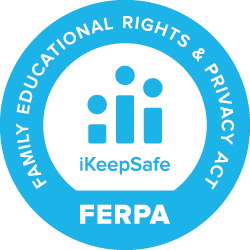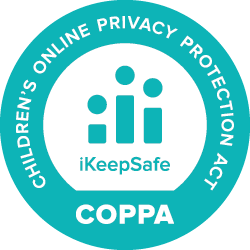Technical Brief Rubric: Design for Recycling®
This document is designed to guide your thinking and ensure you meet all requirements for the Design for Recycling® Technical Brief.
Article Title:
Technical Brief Grading Rubric: Reduce, Reuse, Repurpose
Description:
Students review the Technical Brief Grading Rubric and develop an understanding of the expectations for the Technical Brief.
Target Grade Level:
Grades 3-12
Discipline or Course (Audience):
any course
Time Frame:
Introducing the Resource: 10 - 20 minutes
Using the Resource: Varying time frames throughout the challenge as students re-engage with the rubric as they develop their Technical Brief.
Suggested Grouping:
Small groups
Key Vocabulary:
Benefits, limitations, viability, composite figure, 2-D and 3-D objects/models
Educator Prep:
The Technical Brief Grading Rubric was designed to help teachers assess the STEM content underlying students’ solutions. The rubric includes key components of a complete solution but stops short of making recommendations for how grades should be assigned. Consider encouraging students to review the rubric before and while they complete the tech brief so that they know the expectations for a high-quality solution. In keeping with the entrepreneurial spirit, criteria are rated on a scale ranging from Excellent to Getting Started.
STUDENT CONTENT BELOW THIS LINE
This document is designed to guide thinking and ensure all requirements are met for
Article - Technical Brief: Design for Recycling®
. The Technical Brief should be organized into the four sections identified below. The requirements for each session are identified. The last section of the Rubric is related to the formatting requirements associated with the digital document being created.
Scoring Guidelines:
Your evaluator will place a check in the appropriate box using this scale.
4: Excellent: Exceeded Expectations in Quality of Work
3: Good: All Requirements Met
2: Improving: All content is present but some errors or poor-quality work
1: Getting Started: Missing Content and/or Significant Errors
Section 1: Customer Satisfaction |
|||||
|
|
|
|
|
|
|
|
Function Communicate using words and visuals how your redesigned product maintains or enhances the functionality of the original product. |
|||||
|
Cost Summarize how your redesigned product maintains reasonable affordability. |
|||||
|
Sustainability Communicate using words and visuals how your redesigned product appeals to the consumers, using sustainability as a key selling point. |
|||||
Section 2: Specifications |
|||||
|
|
|
|
|
|
|
|
Materials |
|||||
|
Models Include 2D and 3D models of the original and redesigned product. Be sure to label and identify materials. |
|||||
|
Packaging Document how you maximized the use of recycled materials and/or minimized the amount of materials in your packaging. Justify why these choices were made. |
|||||
Section 3: Sustainability |
|||||
|
|
1 |
2 |
3 |
4 |
|
|
Recyclability Communicate how your redesigned product was designed to be easily recyclable for consumers using words and visuals. |
|||||
|
Supply Chain Summarize how your redesigned product:
|
|||||
|
Environmental Impact Describe how your redesigned product protects natural resources, reduces emissions, and minimizes the use of hazardous materials that could pose a safety threat to product use and the recycling process. |
|||||
Section 4: Reflections |
|||||
|
|
1 |
2 |
3 |
4 |
Feedback |
|
Opportunities for Innovation Identify challenges to implementing your solution. Include any recommendations for how these could be addressed. |
|||||
|
Research Share an example(s) of something you learned about recyclability, sustainability, or environmental impact that guided your thinking as you developed your solution. |
|||||
|
Design Process Summarize how and why your solution changed from your initial brainstorming to your final redesigned product. |
|||||
Formatting of the Technical Brief Document |
|||||
|
|
1 |
2 |
3 |
4 |
Feedback |
|
All sections are identified with a heading (used the heading feature in a word processing document). |
|||||
|
The document contains no typos or grammatical errors. |
|||||
|
All images and diagrams have been appropriately annotated (e.g., title, description, source, scale, and labeled dimensions). |
|||||
|
All image and diagrams source files are included in the portfolio folder and follow a consistent naming convention. |
|||||


